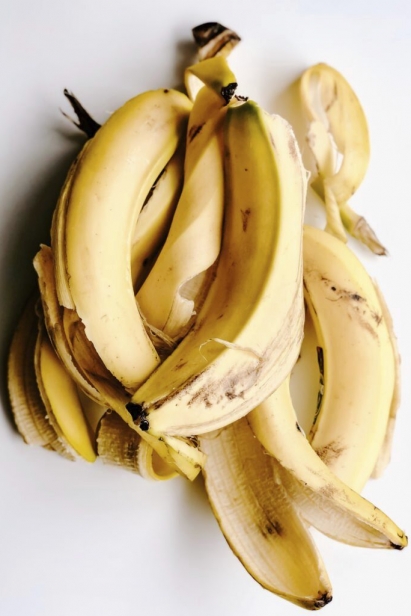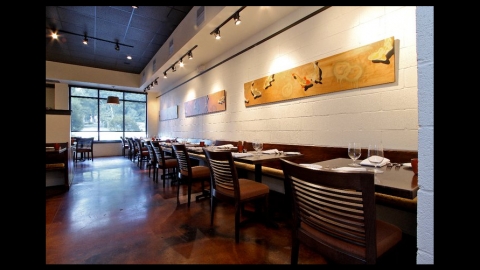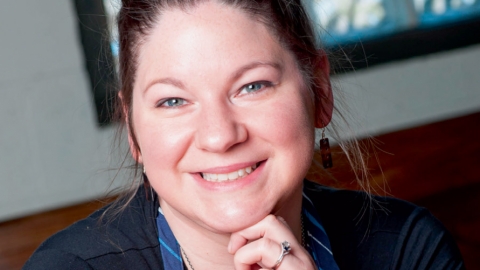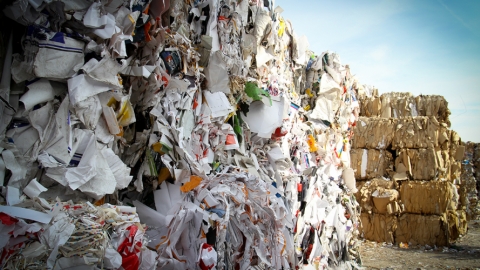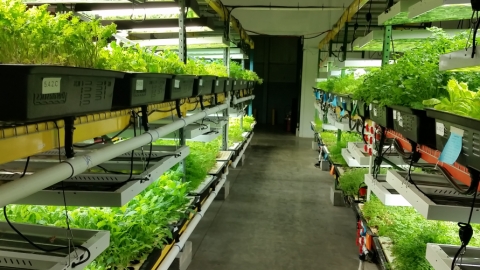Seema Prasad: Small Woman Big Impact
Miel Restaurant is in an unassuming, historic location in Sylvan Park, Nashville. Nestled in an enclave that’s still got some grit, Miel is cutting edge. In terms of food (braised pork shoulder, parisienne gnocchi, house-pulled mozzarella, arugula, pork jus anyone?) and in sustainability practices with Chef Andrew Coins, owner Seema Prasad is leading the way. When you dine at Miel, you’ll find a menu chock full of locally sourced food. They support the local economy by sourcing 80% of their food from area farms. Their produce is grown without pesticides and they will always choose antibiotic and hormone free, locally raised meat over conventionally raised animals. Mornings at Miel are bursting with energy; from farmers dropping off fresh produce to Compost Nashville picking up bins.
Seema has paid attention to the details making Miel a living, breathing, working example of sustainability. From foregoing tablecloths to avoid water waste from laundering to composting every bit of food waste, she strives to reduce her impact on our community. During our interview she asked aloud, “how can we be more mindful of how our actions affect our surrounding environment?” This is a guiding light for her as a local business owner and as she strives to move the city’s food waste system into the 21st century.
The sustainability efforts don’t stop at the restaurant door, but extend to the city of Nashville. Her vision is to eliminate food waste from Nashville’s waste stream by giving restaurants the means to divert it from the landfill. Instead, food waste would go to a processing center designed specifically for composting (or even more advanced – digesting) to create healthy and grow usable outputs (renewable energy and compost that supplies the very farms used at the restaurant) -- gross smells averted.
The Banana Peel
It’s a common misconception that food will decompose and make soil on its own in a landfill. In reality, food is unable to break down well when put into the landfill with ‘everything else’. The fact is, food is not trash and it should not be put in the landfill.
In the landfill, a banana peel breaks down into methane gas and, as it mingles with other trash, it reacts with metals and chemicals from other garbage to create toxic runoff. This runoff goes on to pollute surrounding groundwater and soil.
When the same banana peel is placed in a composting digester, it results in methane that can be captured and made into renewable gas. Additionally, it creates healthy compost that can be used as a nutrient builder for our soil in farms and gardens.



